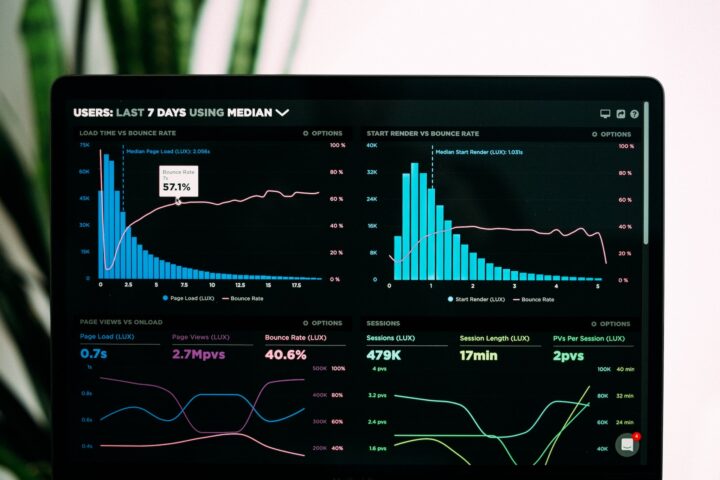Data science plays a pivotal role in driving industry growth, particularly in casinos. In 2019, Statista estimated the global online gambling industry at $58.9 billion, with predictions foreseeing a rapid rise to $92.9 billion by 2023 – a $34 billion surge in four years. Yahoo also reported an 11.49% CAGR from 2021 to 2026.
The emergence of big data is playing a massive role in the growth of casinos by enabling seamless recording, tracking, and processing of vast amounts of data, capturing even the minutest user interactions. This monumental capability has ushered in a new era for online casinos, as the utilization of big data empowers them to enhance both their business strategies and the overall experiences of their players.
Ways Online Casinos Are Using Big Data for Slots
Below are ways online casinos are using big data to their advantage:
Demographic Targeting
The strategic utilization of big data enables casinos to finely tune their marketing strategies through precise demographic targeting. This potent tool equips casinos with the ammunition needed to substantiate and refine their approaches, leveraging gathered and processed data-driven insights.
Through big data, casinos can amass a wealth of information that informs their decisions, enabling them to tailor their offerings and messages to effectively resonate with these specific demographics. For instance, by employing data-driven strategies to target and attract new age groups, casinos can effectively increase their user base and overall engagement numbers.
Consider, for example, brands like Buzz Bingo. Over time, this franchise has expanded its range and now provides a diverse library of games, including personalized slots, bingo, and Slingo, elevating the overall gaming experience for players. Through astute demographic targeting, the brand has found a balance in that traditional casino games are featured for the benefit of older demographics, but more innovative offerings like Slingo are also available for the benefit of the online generation. This is just one way in which the brand has become attuned to evolving player preferences.
Keeping up with trends
Big data equips casinos with the power of predictive analytics to not only scrutinize intricate behavioral patterns of users but also to adapt, innovate, and stay at the forefront of industry trends. By delving into user interactions, casinos can meticulously fine-tune their operational strategies, ensuring they remain agile and relevant in an ever-evolving landscape.
The integration of big data empowers casinos to proactively address emerging challenges, such as problem gambling, optimizing cybersecurity measures to safeguard sensitive player information, managing regulatory compliance, and swiftly capitalizing on opportunities. Armed with comprehensive insights, casinos can swiftly pivot their approach to meet shifting demands, ensuring they are primed to tackle any issues that may arise while staying adaptable and ahead of the curve.
Customer Insight
The utilization of big data empowers casinos to delve deep into customer insights, uncovering invaluable information about preferences, needs, and desires. In online gambling, where there is a plethora of games vying for customer attention, this understanding becomes pivotal for casinos to stand out and succeed.
Big data serves as the compass that guides casinos toward deciphering what truly resonates with their customers, enabling them to craft tailored offerings that align seamlessly with their clientele’s preferences and demands, thus driving customer acquisition and retention strategies. For instance, casinos can harness a multifaceted data approach, analyzing metrics such as click-through rates, comments, and payouts, to determine player preferences. This sophisticated approach not only amplifies customer engagement but also cultivates a deeper sense of personalization and satisfaction among players.
Big data stands as the cornerstone of the casino industry in online casinos, where it unlocks a treasure trove of opportunities to elevate both business operations and player experiences. This data-driven paradigm has proven instrumental in enhancing the overall performance of casinos and customer experiences. Big data is an important component in online casinos’ growth. The online gambling market could hit $192 billion by 2030, which will mark a 250% rise since 2020.
















